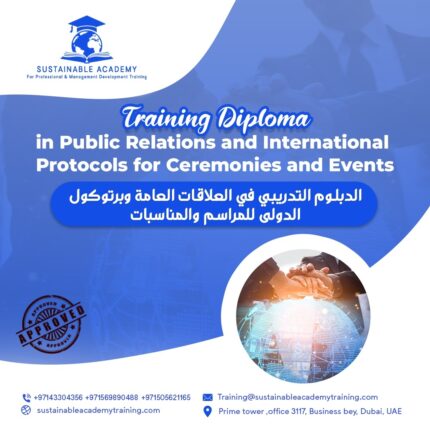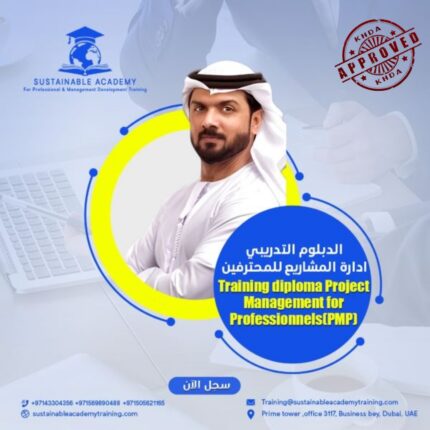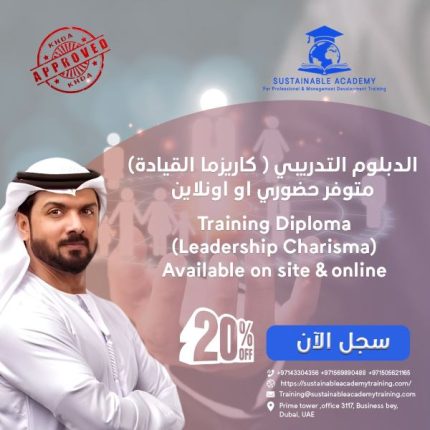Objectives of the Training Diploma in International Relations:
1. Enhance Theoretical Understanding: Provide a comprehensive background on the theories and fundamental concepts of international relations.
2. Develop Diplomatic Skills: Equip participants with negotiation skills, conflict resolution techniques, and alliance-building strategies.
3. Analyze Foreign Policy: Understand how countries formulate and implement foreign policies and their impact on international relations.
4. Understand International Law: Study the laws and treaties that govern relations between states and their applications.
5. Address Global Issues: Offer in-depth analysis of contemporary global challenges such as terrorism, human rights, and sustainable development.
6. Foster Critical Thinking: Enhance the ability to think critically and analytically in the field of international relations.
7. Prepare Leaders: Equip participants to become effective leaders in international politics and diplomacy.
Key Topics of the Training Diploma in International Relations:
1. Introduction to International Relations:
o Definitions and concepts of international relations.
o History and evolution of international relations.
2. Core Theories in International Relations:
o Realism.
o Liberalism.
o Constructivism.
3. Foreign Policy and Policy Analysis:
o Stages of foreign policy-making.
o Tools of foreign policy.
4. Diplomacy and Negotiation Techniques:
o Types of diplomacy.
o Negotiation skills and conflict management.
5. International and Regional Organizations:
o Role of the United Nations.
o Role of regional organizations like the European Union and the Arab League.
6. International Law:
o Public international law.
o International humanitarian law.
7. Contemporary Global Issues:
o Terrorism and extremism.
o Human rights.
o Climate change and sustainable development.
8. Regional Studies:
o Analysis of international relations in different regions such as the Middle East,
Asia, and Africa.
9. International Political Economy:
o International trade.
o Globalization and its impact on international relations.
10. Practical Projects and Case Studies:
o Analysis of real-life case studies.
o Practical projects to enhance applied understanding.
11. Research and writing skills:
o Conducting research in international relations.
o Writing reports and analyses.
o Presentations.
12. International relations across cultures:
o Intercultural understanding.
o Public diplomacy.
o Resolving intercultural conflicts.
The job prospects for graduates of the training diploma in international relations are broad.
They can work in:
diplomatic sector.
International organizations.
Non-governmental organizations.
Research institutions.
private sector.












Reviews
There are no reviews yet.